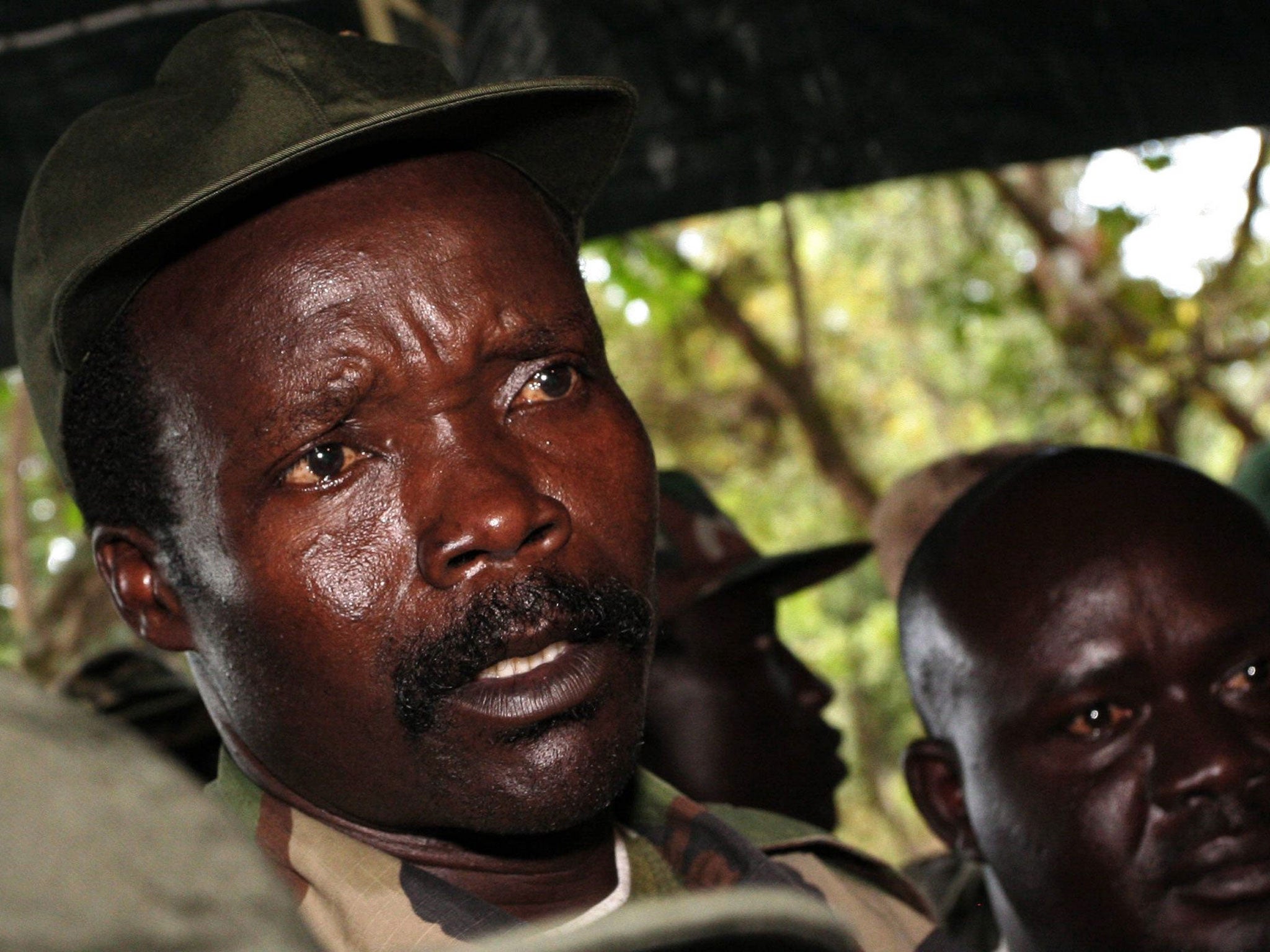Your support helps us to tell the story
From reproductive rights to climate change to Big Tech, The Independent is on the ground when the story is developing. Whether it's investigating the financials of Elon Musk's pro-Trump PAC or producing our latest documentary, 'The A Word', which shines a light on the American women fighting for reproductive rights, we know how important it is to parse out the facts from the messaging.
At such a critical moment in US history, we need reporters on the ground. Your donation allows us to keep sending journalists to speak to both sides of the story.
The Independent is trusted by Americans across the entire political spectrum. And unlike many other quality news outlets, we choose not to lock Americans out of our reporting and analysis with paywalls. We believe quality journalism should be available to everyone, paid for by those who can afford it.
Your support makes all the difference.Suspected Islamist Boko Haram fighters have abducted dozens of boys and men in a raid on a remote village in north-eastern Nigeria, loading them into trucks and driving them off, witnesses who escaped the violence said on Friday.
The kidnappings come four months after Boko Haram, which is fighting to reinstate a medieval Islamic caliphate in religiously mixed Nigeria, abducted more than 200 schoolgirls from the village of Chibok. They are still missing.
Several witnesses who fled after Sunday’s raid on Doron Baga, a sandy fishing village near the shores of Lake Chad, said militants clothed in military and police uniforms had burned several houses and that 97 people were unaccounted for.
“They left no men or boys in the place; only young children, girls and women,” said Halima Adamu, sobbing softly and looking exhausted after a 110 mile road trip on the back of a truck to Maiduguri, capital of the north eastern state of Borno.
“They were shouting ‘Allah Akbar’ (God is greatest), shooting sporadically. There was confusion everywhere. They started packing our men and boys into their vehicles, threatening to shoot whoever disobeyed them. Everybody was scared.”
Witnesses said six older men were also killed in Sunday’s raid, while another five people were wounded.
Boko Haram, seen as the number one security threat to Africa’s top economy and oil producer, has dramatically increased attacks on civilians in the past year, and the once-grassroots movement has rapidly lost popular support as it becomes more and more bloodthirsty.
Its modus operandi – kidnapping boys and forcing them to fight and abducting girls as sex slaves – is a chilling echo of Ugandan rebel Joseph Kony’s Lord’s Resistance Army, which has operated in the same way in Uganda, South Sudan and central Africa for decades.
The military did not respond to a request for comment, although a security source said they were aware of the incident but were still investigating the details.
The kidnappers overpowered local vigilantes who had no support because there is no military presence in the area, the villagers said.
Talatu Abubakar, another villager who fled to Maiduguri, said the invaders had taunted the men for being unable to defend themselves.
“They were shouting ‘Where is your pride? You people used to be warriors. Today you are all just women, not as brave as we thought’,” he said.

Mr Abubakar also said that from his Hadeija clan alone, some 47 people were missing and feared to have been abducted.
The raid shows how mobile Boko Haram units can be. After a military offensive in May last year broke their hold on the area around Lake Chad in the far northeast of Borno state, the rebels relocated to the south of the state, near the Cameroon border nearly 190 miles away. Chibok, where the schoolgirls were taken from, is in this area.
Their re-appearance in the north east demonstrates their ability to move across vast swathes of Nigeria without being intercepted by the military.
Nigerian forces are overstretched against a determined foe. According to security sources, in the past week they have fought gun battles with Boko Haram Islamists in two key towns in the south of Borno – Gwoza, near the border with Cameroon, and the garrison town of Damboa, which the militants sacked a month ago.
Reuters

Join our commenting forum
Join thought-provoking conversations, follow other Independent readers and see their replies
Comments